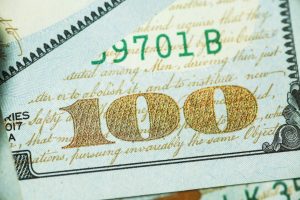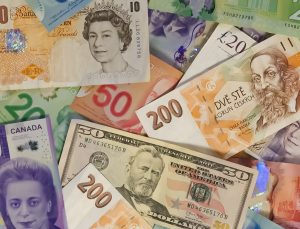Forex trading, which involves buying and selling of currencies, is a popular investment opportunity for both individuals and businesses. However, it is important to understand that forex trading is taxable in most countries, including the United States. In this article, we will explore how much tax you need to pay on forex trading and what you need to know to stay compliant with tax laws.
Taxation of Forex Trading in the United States
In the United States, forex trading is taxed based on the IRS tax laws. The IRS classifies forex trading as a type of investment, which means that all profits and losses are subject to capital gains tax. Capital gains tax is a tax that is levied on the profits earned from the sale of an asset that has increased in value over time.
There are two types of capital gains tax in the United States: short-term capital gains tax and long-term capital gains tax. Short-term capital gains tax is applied to profits earned from the sale of an asset that is held for less than one year. Long-term capital gains tax is applied to profits earned from the sale of an asset that is held for more than one year.
For forex traders, the profits earned from forex trading are considered short-term capital gains, even if the trader holds the currency for more than one year. This means that all profits earned from forex trading are subject to short-term capital gains tax.
How Much Tax Do I Need to Pay on Forex Trading?
The amount of tax you need to pay on forex trading depends on the profits you earn from trading. In the United States, the short-term capital gains tax rate is the same as your ordinary income tax rate. This means that if you earn $50,000 per year and make a profit of $10,000 from forex trading, your total taxable income for the year would be $60,000.
The tax rate that you will pay on your forex trading profits will depend on your tax bracket. The tax brackets in the United States are as follows:
– 10% for income up to $9,700
– 12% for income from $9,701 to $39,475
– 22% for income from $39,476 to $84,200
– 24% for income from $84,201 to $160,725
– 32% for income from $160,726 to $204,100
– 35% for income from $204,101 to $510,300
– 37% for income over $510,300
If you are a high-income earner, you may also be subject to an additional 3.8% net investment income tax (NIIT) on your forex trading profits. The NIIT is applied to individuals who earn more than $200,000 per year or couples who earn more than $250,000 per year.
It is important to note that if you make a loss from forex trading, you may be able to deduct the loss from your taxable income. This can help to reduce your overall tax liability for the year.
Staying Compliant with Tax Laws
To stay compliant with tax laws, it is important to keep accurate records of all your forex trading activities. This includes keeping track of all your trades, profits, and losses. You should also keep a record of any expenses related to your forex trading, such as trading fees and software costs.
It is also recommended that you consult with a tax professional who specializes in forex trading. A tax professional can help you understand your tax obligations and ensure that you are staying compliant with tax laws.
Conclusion
Forex trading is taxable in most countries, including the United States. In the United States, forex trading is subject to short-term capital gains tax, which is the same as your ordinary income tax rate. The amount of tax you need to pay on your forex trading profits will depend on your tax bracket. To stay compliant with tax laws, it is important to keep accurate records of all your forex trading activities and consult with a tax professional.






